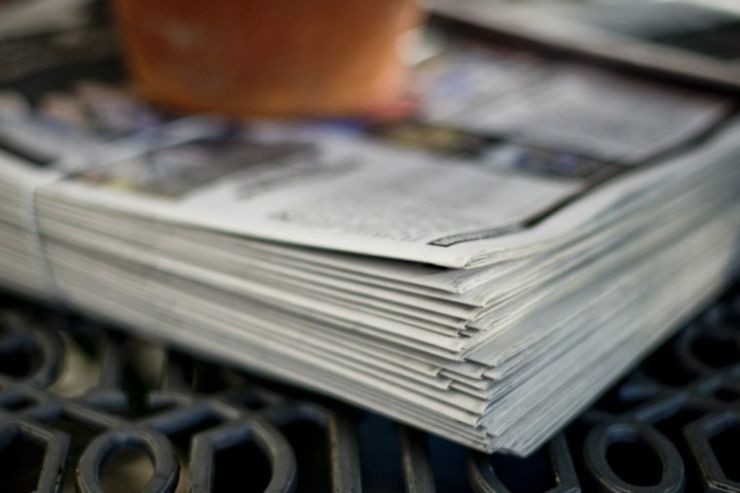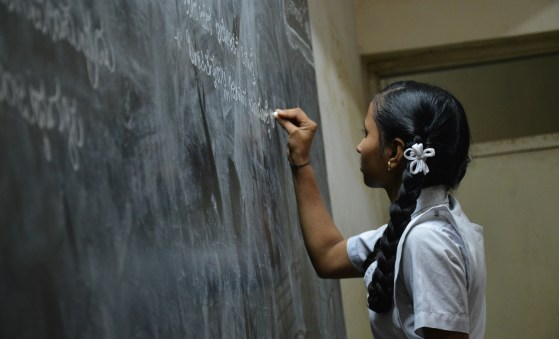
A series of sad, stark messages posted on Twitter last week by St Bride's Church, London, highlight the dangers facing journalists around the world.
St Bride's, Fleet Street, known as 'The Journalists' Church,' announced the names of three people added to its Journalists' Altar. These were three more journalists who had lost their lives reporting the news.
They were: TV cameraman Alexander Lashkarava, who died in Georgia; Danish Saddiqui, Pulitzer Prize-winning photographer, killed covering clashes between Afghani and Taliban forces; and investigative journalist Peter R De Vries, shot in Amsterdam.
St Bride's said: "We pray for them, their families and for the safety of all in danger in their mission to bring us the news."
Being a journalist has never been easy. Just now, in countries across the globe, it has become increasingly dangerous.
Speaking at St Bride's in 2019, Courtney Radsch, Director of Advocacy at the US-based Committee to Protect Journalists (CPJ), called on Christians and members of other faiths to protest when press freedom is eroded or reporters are attacked or jailed.
In December 2020, CPJ named Mexico as the most dangerous country for journalists worldwide, with nine killed in the previous year.
Recent months have seen clampdowns on press freedom in Hong Kong and Myanmar, and Belarus being named by Reporters Without Borders as the most dangerous country in Europe for media personnel.
Dr. Radsch pointed out that countries with poor records on press freedom often score badly on freedom of religious belief too.
Her advice to individual believers was: to champion quality journalism by being willing to pay for their news; to refuse to decry reporting with which they disagree as 'fake news'; and to value the role that journalists play in bringing new information to light.
As someone who has worked in and with the media for more than 40 years, I am always frustrated when I come across Christians who perceive the media as 'anti-church.'
True, knowledge of issues around faith varies across journalists and media outlets. Accuracy and understanding around doctrinal issues and church structures is not widespread - reflecting much of wider society.
But often journalists are raising the questions and concerns that many people outside the church are asking - and that questioning can bring scandals and shortcomings to light.
One network that brings together Christians who work across media is the UK-based Christians in Media. It recently launched a mentoring scheme for young Christians wanting to go into the media. Its other initiatives include an annual Day of Prayer for the Media, this year on Sunday October 31st 2021.
In a post-truth, fake news world, the skilled journalist is a friend to be valued, not a foe to be jeered.
The world is becoming an increasingly dangerous place to report on. In many countries, brave journalists are seeking to highlight corruption and hold powerful people to account.
Christians should be among those supporting a free media in our own countries and overseas - as well as encouraging them to keep striving for, and seeking out, the truth.
Rev Peter Crumpler is the author of 'Responding to Post-truth' (Grove Books) and a former CommunicatIons Director with the Church of England.




